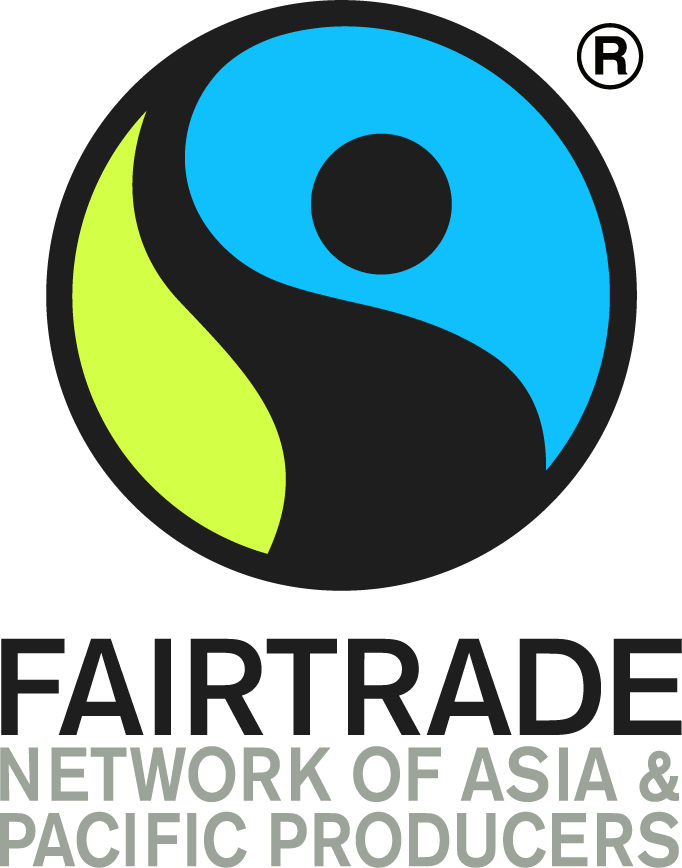Fairtrade Asia Pacific Coffee Forum
Field To Market- Knowledge Sharing, Strategic Intervention And Way Forward- Funded by the European Union


Coffee is one of the most important commodities of Fairtrade producer organisations in Asia and Pacific regions. It provides economic benefits at each step of the value chain that links growers to consumers thereby contributing to the economies of both exporting and importing countries.
Fairtrade Network of Asia and Pacific Producers currently has 68 Fairtrade certified coffee producer organisations comprising over 81000 individual farmer households as their members who produce over 55K tons of ready-to-export arabica and robusta green bean annually.
As the pandemic of COVID-19 is still felt by coffee growers worldwide, it has become an expensive commodity due to the increase in the cost of production, disruption in logistics and shipping, and – on some levels – also contributing to the current high inflation rate in several main Fairtrade coffee export destinations such as North America, Germany, UK, and wider Europe.
Worldwide, some 2.25 billion cups of coffee are consumed every day. Yet only a small portion of those volumes are currently traded under Fairtrade terms. With the increasing industry demands for quality and flavour profiles, full traceability, and environmental and climate responsibility, it takes fully empowered and well-structured producer organizations to best respond and regain a larger share of the market.
To respond to the current complex changes that might have an impact on the future of the Fairtrade coffee supply chain from the origins of Asia and Pacific regions, the 3rd Asia Pacific Coffee Forum was organized by Fairtrade NAPP with the funding support of the European Union. The meeting was organized in Bali, Indonesia from 17th to 18th October 2022 and attended by 51 delegates from 10 countries, representing producers organization, processors and traders, National Fairtrade organizations, NAPP executives, and NAPP board members.


